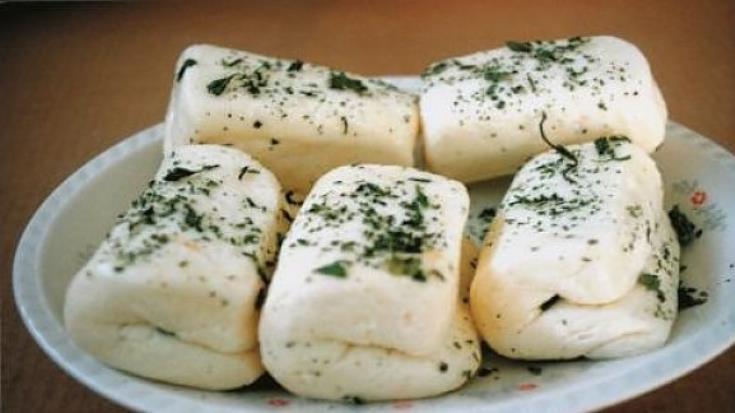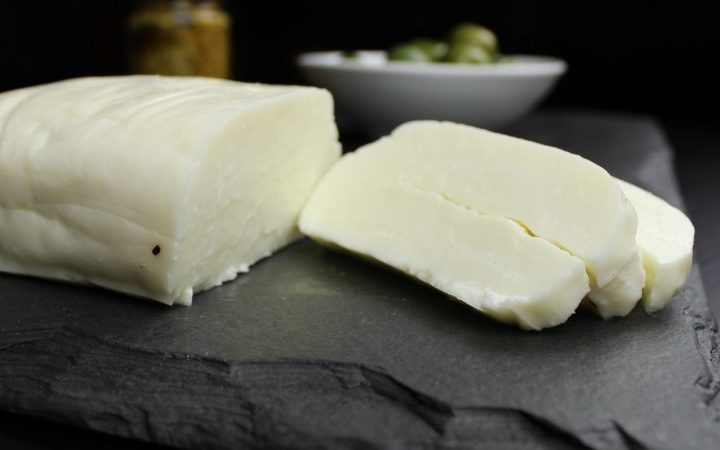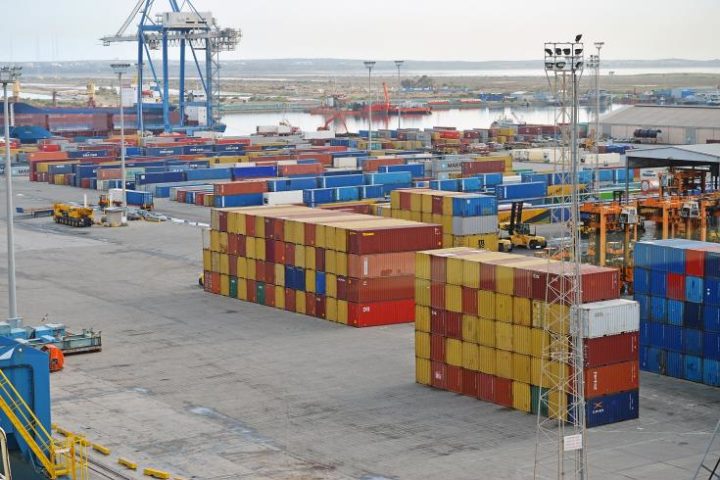The COVID-19 pandemic has brought an abrupt end to a ten-year growth in Halloumi exports, with dairy producers uncertain of the future as mountains of the squeaky cheese pile up in Cyprus and the UK.
After a record year for Cyprus’ flagship export halloumi, demand for the island’s traditional hard cheese has slowed with order cancellations and undelivered quantities mounting due to lockdowns across Europe to combat coronavirus.
Cypriot dairy producers say despite an increase in exports on paper in early 2021, with €95 mln exported compared to €93 last year, it’s looking bad for halloumi.
In 2020 Cyprus halloumi exports yielded a whopping €270 mln, breaking all previous records; however, the export figures for the first four months of 2021 are deceiving as most goods have yet to reach supermarkets shelves.
“The majority of exports have been sent to storage facilities in the UK, as Cypriot dairy producers do not have enough fridges to store large quantities of Halloumi left unsold due to the coronavirus pandemic,” said the head of the Dairy Producers Association George Petrou.
Petrou said tens of thousands of tonnes of the traditional cheese are now in deep freeze facilities in Cyprus and the UK, as demand has plummeted.
“As the UK is our biggest market, and we do not have enough freezers on the island, it made sense to export it to the UK, with the products being ready to hit shelves once demand rises.
“Hopefully, this will happen once all COVID restrictions are lifted,” said Petrou.
Out of the 40,000 tonnes of Halloumi exports worth €266.5 mln, more than 17,000 tonnes worth €115 mln were sold to UK importers.
Due to COVID restrictions, people’s shopping habits have changed, as people spend less, while the catering industry has essentially been closed for a year.
Petrou said dairy producers do not see the year ending well for them, as they already have a large surplus of products on their hands.
An agreement with the Agriculture Ministry obliges them to absorb all the available goat and sheep milk in the market.
“COVID struck when the industry was at its best.
“Exports have been on an upward trend for the past ten years with estimates predicting that Halloumi sales could more than double.”
The Agriculture Ministry estimates the value of the global halloumi cheese market at €420 mln.
According to Dublin-based Researchandmarkets.com, the halloumi market is projected to nearly double in six years to reach $737.0 mln by 2027, registering a compound annual growth rate (CAGR) of 10% from 2021 to 2027.
The study showed that key players in the halloumi cheese industry profiled in the report are Petrou Bros Dairy Products, Zita Dairies, Hadjipieris, Galaktokomio A.D.S Dafni, all in Cyprus.
They are followed by Arla foods in Denmark, Almarai (Saudi Arabia) and Nordex Foods A/S (Denmark).
According to the available data, the exports of Cyprus halloumi in the last five years show a steady annual increase of 20-22%.
In 2017 – 2019, exports jumped from 23,431 tonnes in 2017 to 33,672 tonnes in 2019, marking an increase of 43% in just three years.
A corresponding increase in exports is observed in value, 43% during the three years, reaching €223.7 mln in 2019, making halloumi the second most important product in terms of export value, after medicines.
Dairy producers agreed to buy all available milk produced by cattle breeders, following a deal with the government not to increase goat or sheep milk in the halloumi mix introduced with the acceptance of the PDO file (Product of Designated Origin) file by the EU.
In previous years, dairy producers and the Ministry of Agriculture pressured cow and sheep breeders to increase milk production to meet the halloumi PDO file demands.
The sides agreed to a road map leading to 2024 when the ratio for goat or sheep and cow milk should be at least 25%-75%, respectively.
According to the traditional recipe, the government wants to increase the ratio before 2024 when producers must follow the PDO guidelines, using at least 51% of sheep’s and goats’ milk.
“The obligation to buy all the available milk from the market will only lead to more Halloumi being stored in freezers in Cyprus and the UK,” said Petrou.










